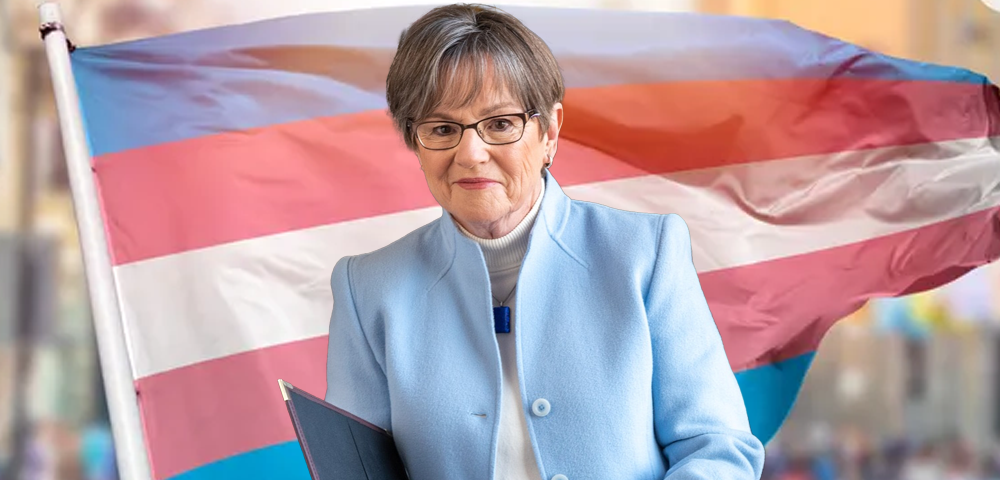
We need reform, not rainbows

 What’s more important: marriage equality, legal protection from discrimination or a rainbow flag?
What’s more important: marriage equality, legal protection from discrimination or a rainbow flag?
Some of Australia’s leading LGBTI rights advocates, including former High Court justice Michael Kirby and pioneering academic Dennis Altman, are concerned about the direction of the country’s queer rights movement.
Issues such as Sydney’s recently removed rainbow crossing have become lightning rods for activists while actual attempts at reform such as the Sex Discrimination Amendment (SDA) bill, which will give LGBTI people protection from most discrimination at a national level for the first time, have received little community attention.
Community leaders were asked if we had our priorities right considering just nine individuals wrote in support of the SDA bill while hundreds of people chalked Sydney’s footpaths on Monday night in support of a rainbow flag.
Kirby, an outspoken advocate for gay rights and critic of religious intolerance, told the Star Observer it was a sign that the business of LGBTIQ law reform was “breaking down” despite consuming so much energy in days gone by.
“This is a sign of growing localism, suburbanism and media influence on the news that they report,” he said.
A greater danger than the community’s lack of interest in national legal protections was the growing influence of religious organisations, which Kirby said should “enliven deep concern amongst Australians”.
“We are in danger of losing [secularism] in Australia under the influence of wedge politics, telephone calls by high religious office holders to members of their faiths in Parliament to influence their votes, and the devotion of huge amounts of federal taxpayer funds to support religious institutions financially,” he said.
He cited the National Chaplaincy Scheme (NCS) worth almost $500 million, which puts religious chaplains in public schools, as an example of creeping religious influence.
Gay rights advocate and academic Professor Dennis Altman, who penned the landmark book Homosexual: Oppression and Liberation in 1971, agreed with Kirby’s warning on secularism and projects like the NCS.
“I think there is a failure for us as a community to really think through the difference between substance and symbolism,” he said.
While Altman said the two issues were not comparable, he did say he was more worried about the growing influence of religion than a pedestrian crossing.
“The willingness of both major parties to allow religious exemptions from anti-discrimination provisions and the respect given to homophobic remarks from religious leaders should worry us.”
 This year the federal government walked away from a proposal to remove religious exemptions for faith-based aged care services when they dumped their Human Rights and Anti-Discrimination Bill 2012 and introduced the SDA bill shortly afterwards.
This year the federal government walked away from a proposal to remove religious exemptions for faith-based aged care services when they dumped their Human Rights and Anti-Discrimination Bill 2012 and introduced the SDA bill shortly afterwards.
Gay rights advocates were disappointed they were abandoned given they allow organisations to hire and fire staff along the lines of their religious beliefs. The SDA bill has received support from both sides of politics and is likely to be passed this year.
While the most recent senate inquiry had about 35 groups who made submissions in support of the SDA bill, close to 70 individuals made cases against it.
Among those who made submissions to the inquiry was the NSW Gay and Lesbian Rights Lobby (GLRL) and Transgender Victoria.
GLRL convenor Justin Koonin said he was less worried about the different causes pursued by the community but he did have concerns over involvement.
“Different parts of the community have different roles and I can understand why it’s more fun to be chalking rainbows than writing a submission to yet another inquiry,” Koonin said.
“I think there is a potential for complacency for a lot of people in our community; a lot of people in the community can lead lives relatively free from discrimination and that’s thanks to the tremendous work in the past.
“It’s easy for some of us to think that everything has been done and once marriage equality has been done there’s nothing more to do, but that’s simply not the case and I think we need to be careful we don’t create a community [in] which some of us are equal and some of us are not.”
He added that the initial bill from last year received hundreds of submissions supporting the bill and the removal of religious exemptions.
Transgender Victoria spokeswoman Sally Goldner said striking a balance among priorities was the mostly likely solution.
“Symbolism is useful and I will admit personally I tend to be more practical and want to see legislation but it’s taken me time to acknowledge things like rainbow crossings can be useful,” Goldner said.
“I am concerned at times that we don’t have a range of debates with all of GLBTI people issues.”
Goldner said there was a strong feeling in the trans community that marriage equality had been given too much focus while gender diverse advocates were still fighting for more relaxed documentation laws, health care and discrimination.









